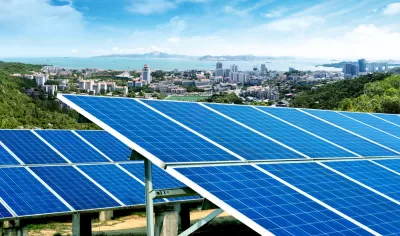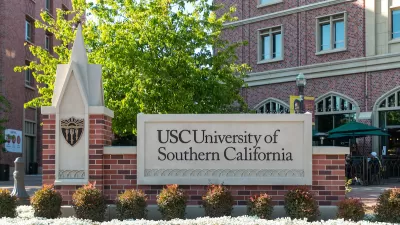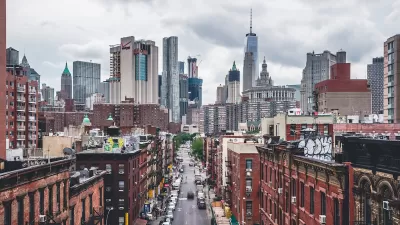Last month, politicians, energy executives, and energy experts met in Istanbul for the 23rd World Energy Congress. The event gives global leaders a chance to coordinate energy policy, discuss new ideas, and seek solutions to climate change

At previous congresses, the role of cities in energy creation, consumption, and activism was rarely discussed. This year, a new report hoped to change that. Written by Arup at the behest of event organizer the World Energy Council, the document points out that cities consume the majority of the world’s energy and house the majority of its people, but have little control over how energy is produced, distributed, or used. Urban areas matter in global energy discussions for a simple reason: they use almost two-thirds of the world’s energy and account for more than 70% of all greenhouse gases. Buildings — most of which are located, of course, in cities — consume 51% of the world’s nonindustrial energy. And cities will become even more relevant to global energy planning as urban centers grow. According to the United Nations, two-thirds of the world’s population will live in cities by 2050.
FULL STORY: How cities will lead the energy future

Planetizen Federal Action Tracker
A weekly monitor of how Trump’s orders and actions are impacting planners and planning in America.

Congressman Proposes Bill to Rename DC Metro “Trump Train”
The Make Autorail Great Again Act would withhold federal funding to the system until the Washington Metropolitan Area Transit Authority (WMATA), rebrands as the Washington Metropolitan Authority for Greater Access (WMAGA).

The Simple Legislative Tool Transforming Vacant Downtowns
In California, Michigan and Georgia, an easy win is bringing dollars — and delight — back to city centers.

The States Losing Rural Delivery Rooms at an Alarming Pace
In some states, as few as 9% of rural hospitals still deliver babies. As a result, rising pre-term births, no adequate pre-term care and "harrowing" close calls are a growing reality.

The Small South Asian Republic Going all in on EVs
Thanks to one simple policy change less than five years ago, 65% of new cars in this Himalayan country are now electric.

DC Backpedals on Bike Lane Protection, Swaps Barriers for Paint
Citing aesthetic concerns, the city is removing the concrete barriers and flexposts that once separated Arizona Avenue cyclists from motor vehicles.
Urban Design for Planners 1: Software Tools
This six-course series explores essential urban design concepts using open source software and equips planners with the tools they need to participate fully in the urban design process.
Planning for Universal Design
Learn the tools for implementing Universal Design in planning regulations.
Smith Gee Studio
City of Charlotte
City of Camden Redevelopment Agency
City of Astoria
Transportation Research & Education Center (TREC) at Portland State University
US High Speed Rail Association
City of Camden Redevelopment Agency
Municipality of Princeton (NJ)




























